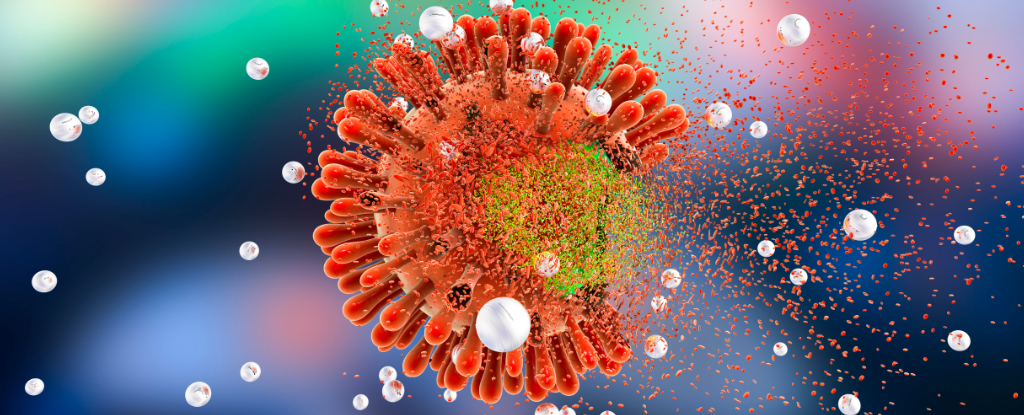

HIV is the Human Immunodeficiency Virus. It is a virus that gets into a person’s cells. HIV affects the immune system, specifically the T-Cells or CD4 cells which fight infection. Simply put, the virus destroys the T-cells so that the immune system of a person with untreated HIV infection is not able to fight off diseases and infections. HIV is transmitted through the following bodily fluids: Blood, Semen, Pre-seminal fluid (pre-cum), Breast milk, Vaginal fluids, Anal mucous.
AIDS stands for Acquired Immune Deficiency Syndrome. AIDS is caused by HIV and is a late stage of infection. A person can live many years with the Human Immunodeficiency Virus in his or her system without experiencing any symptoms. When enough T-cells have been destroyed to severely compromise the body’s ability to fight infection and disease, a person’s diagnosis progresses to AIDS.
HIV Cases Reach Lowest Point Since Rise of Disease in 1980s Science Alert - November 27, 2024

Fewer people contracted HIV last year than at any point since the rise of the disease in the late 1980s, the United Nations said Tuesday, warning that this decline was still far too slow.
1st long-acting injection to prevent HIV has been approved by the FDA Live Science - December 22, 2021
The world's first injectable medication to reduce the risk of acquiring HIV has been approved by the Food and Drug Administration (FDA), the agency announced Monday (Dec. 20). The injectable drug called Apretude or its generic name, "cabotegravir extended-release injectable suspension". It provides an alternative to daily pills for HIV prevention, such as Truvada and Descovy. These pills are up to 99% effective at preventing the sexual transmission of HIV, but must be taken every day to be that effective, according to the Centers for Disease Control and Prevention (CDC). By contrast, to start Apretude, people initially receive two shots, spaced one month apart, and then they receive an injection every two months thereafter, according to the FDA statement.
UK patient 'free' of HIV after stem cell treatment BBC - March 5, 2019
A UK patient's HIV has become "undetectable" following a stem cell transplant - in only the second case of its kin
HIV-positive man in U.K. is 2nd known adult worldwide to be cleared of the AIDS virus NBC - March 5, 2019
An HIV-positive man in Britain has become the second known adult worldwide to be cleared of the AIDS virus after he received a bone marrow transplant from an HIV resistant donor, his doctors said. Almost three years after receiving bone marrow stem cells from a donor with a rare genetic mutation that resists HIV infection - and more than 18 months after coming off antiretroviral drugs — highly sensitive tests still show no trace of the man's previous HIV infection.